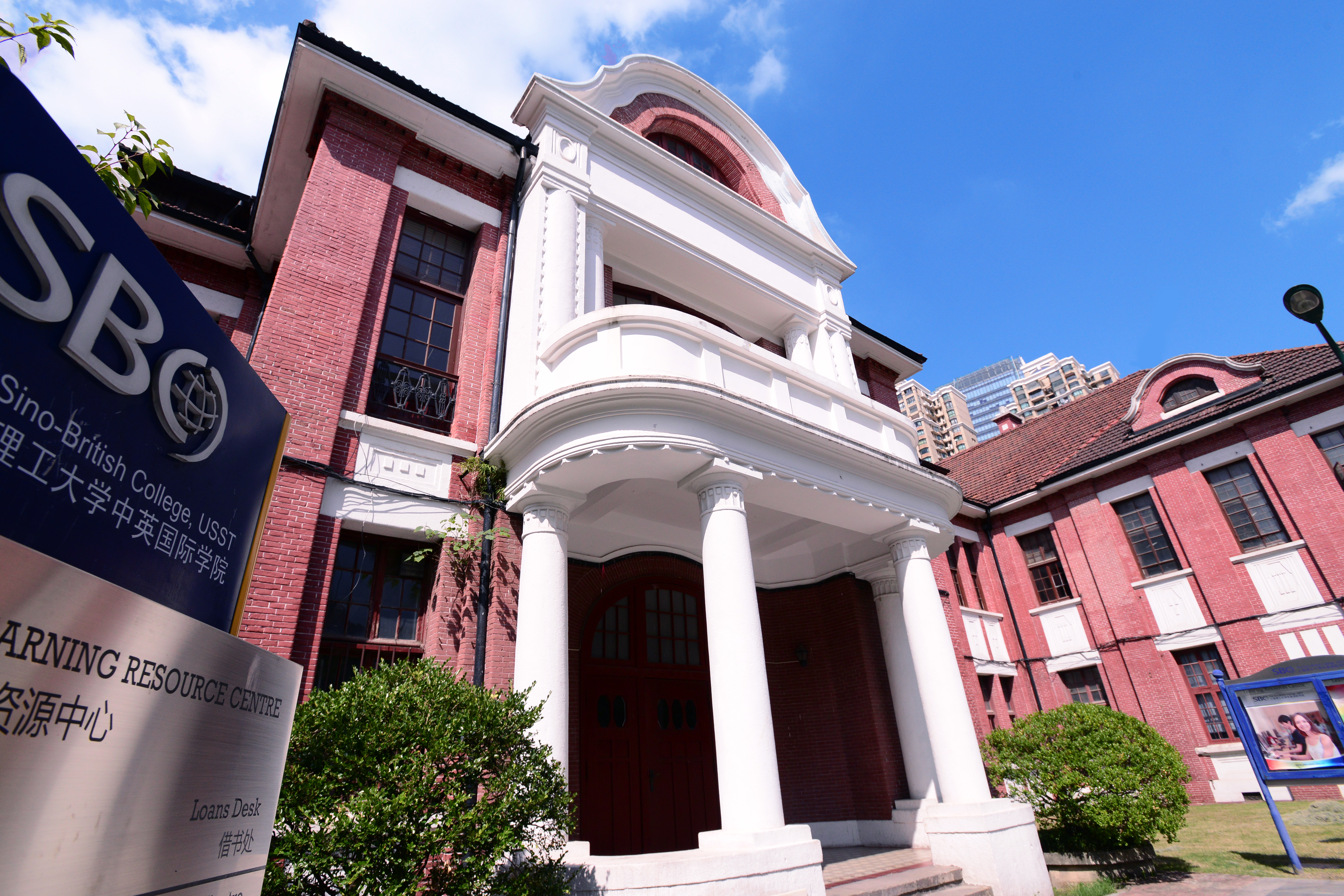
The UK Prime Minister, Theresa May, has today arrived in China for a three-day visit. She is visiting Wuhan, Beijing and Shanghai. The visit is primarily trade-related and she leads a delegation of around 50 business leaders, including senior figures from BP, Jaguar Land Rover, Astra Zeneca, HSBC, Standard Chartered Bank, Confederation of British Industry, London Stock Exchange and a number of small firms. The delegation also includes the Presidents of Manchester and Liverpool Universities, Profs Nancy Rothwell and Janet Beer respectively.
Immediately prior to her visit, the Prime Minister wrote an article in the Financial Times in which she said:
“Any government that is serious about the economic prosperity and security of its people and businesses must have an international outlook, and must be prepared to reach out around the world and secure agreements abroad that ensure jobs and prosperity at home. For a global trading nation like the UK it is doubly important, which is why I am travelling to China at a crucial moment in the history of both our countries.”
It is well known that one of the UK’s greatest strengths is the quality of its education. Specifically in the case of higher education, this is one of the UK’s most successful ‘exports’, i.e. considerable income is earned through the fees paid by foreign students attending UK universities. Recently this has been quantified at nearly £23bn in a report produced by London Economics, commissioned jointly by the Higher Education Policy Institute and Kaplan International Pathways. The estimate relates only to newly arriving students for 2015-16 and estimates the likely scale of their spending over the period of their study in the UK. As such, the figure of £23bn is itself an underestimate as it excludes continuing students. It also excludes spending by international students not enrolled in higher education.
Of course, the benefits that international students bring, to the UK or any other economy, go well beyond the economic. They include, for instance, the enormous benefits relating to cultural impact, adding to the rich diversity of the countries in which they study. Longer-term, many students also achieve prominent positions, in their own countries or around the world, further enhancing the ‘soft power’ of the country where they studied.
In assessing the significance of international students, China of course plays a key role. Of the 438,000 international (non-European Union) students in the UK in 2015-16, approximately 22% were from China.
These facts are well known to politicians and business leaders and it is not surprising that reinforcing educational links should be a key objective of any ‘trade visit’. Immediately prior to her visit, the UK Prime Minister announced details of a new deal in education, including:
Extension of a maths teacher exchange programme to 2020, enabling 200 UK teachers to visit China.
Joint training of pre-school staff in China and the UK.
Launch of an ‘English is GREAT’ initiative, to promote English language learning in China.
Joint educational projects worth more than £550m.
The Prime Minister will no doubt seek to build upon the visit of President Xi to the UK in October 2015 when David Cameron was Prime Minister and a new ‘golden era’ between the UK and China was said to be beginning. For all of us keenly involved in higher education links between China and the UK, it is hoped that this visit can really help enhance relationships between the two countries, not least their education sectors and universities.





